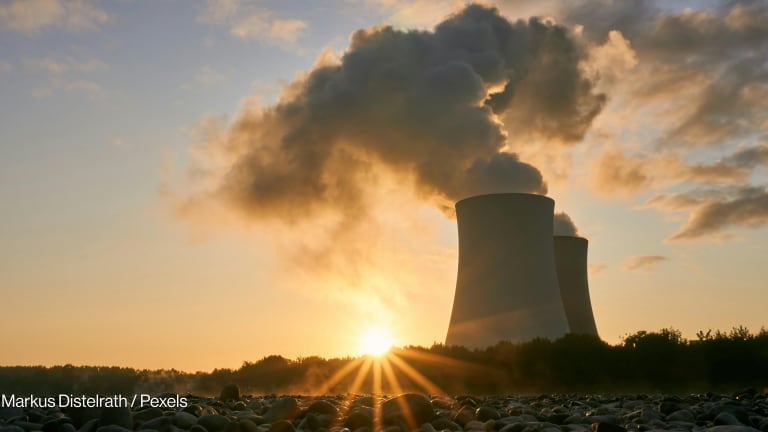We look back at a 2022 that we would like to forget. Yet for us, the underlying message we must recognize is that the world is paying the price for underinvestment in our future that long precedes the last year.
Our current predicament is more than the outcome of a pandemic or a war in Europe. There is a “polycrisis,” not just because of Russia’s war on Ukraine, but because a generation of world leaders have hidden their heads in populist sands at home — and not raised their sights, let alone their actions, to address the Big Abroad.
The crises of inflation, rise in fuel and food prices, and sovereign debt, which the International Monetary Fund estimates grips up to 60% of the lower-income countries, need to be addressed with ambition and scale. There is loose talk of raising the current billions of support for development and climate to trillions. There is active discussion at present of allowing the World Bank to lend more and enabling IMF to make more flexible use of its emergency funding, but these are changes at the margin.









